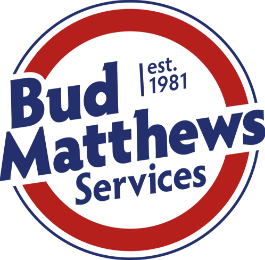Homeowners are more concerned today than ever about the quality of the water piped to their homes through the municipal system. What is actually in the water you and your family drink and use to clean and cook? People are often upset to find out the answer.
Fortunately there are solutions available to filter and purify household water. One of the best options is a reverse osmosis system, which provides more powerful purification than most standard activated charcoal filters.
The workings of a reverse osmosis system
In essence, an RO system is a type of filter: a membrane that catches unwanted pollutants in the water as they attempt to pass through. But the reverse osmosis process filters the water more finely than conventional filtration devices.
The way it does this is by creating two different sections of water pressure, one high and one low. Between the two areas of pressure is a semi-permeable membrane that serves as the filter. Normally, water will not flow through this membrane, but the pressure difference forces the water in the high pressure section—the side where freshwater is entering the home—through to the low pressure section. The membrane removes extremely small contaminants in the process.
Pollutants an RO system affects
A reverse osmosis filter removes most of the unwanted minerals, metals, and chemicals that can get into your water: arsenic, sodium, asbestos, lead, mercury, fluoride, chlorine, nitrate, and selenium, and more. Many of these pollutants will slip through standard filters. If you home has a high concentration of various heavy metals and chemical, an RO system is a good idea.
A reverse osmosis system is also wise to pair with a water softener. Water softeners exchange hard water ions for sodium ions, but they can make the water too sodium-rich. An RO system removes the excess sodium to balance the water.
The best way to find out if a reverse osmosis system is the right option for your household is to contact water treatment specialists to test your water. They will then offer advice based on what they find.
Call Bud Matthews Services in Durham, NC for all your home service needs.

